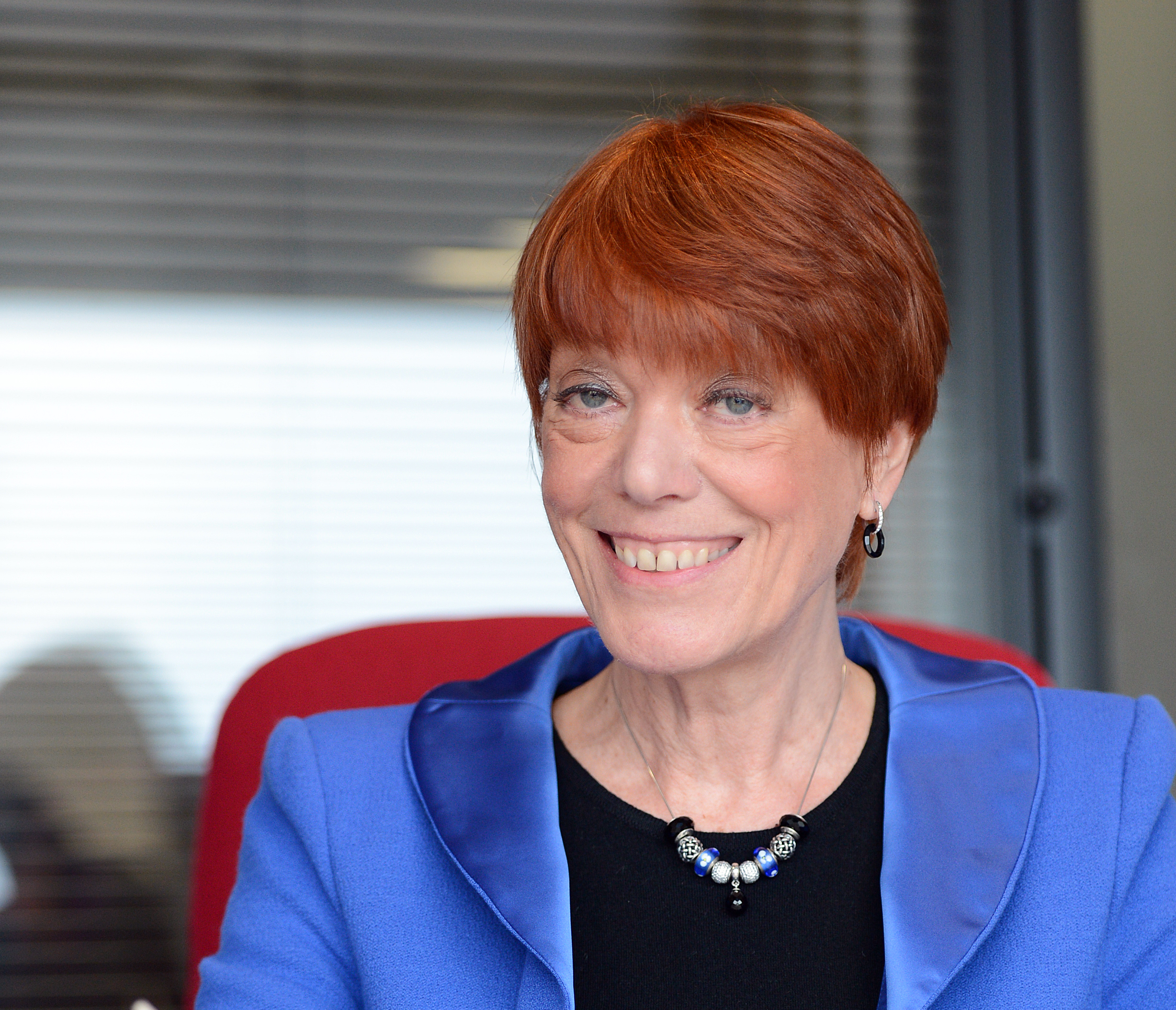Understanding Trade Finance in the Mediterranean
28 April 2016

Margrith Lutschg-Emmenegger, Owner, QUARTERBACK
When assessing the trade finance environment in the Mediterranean region, one has to differentiate carefully between the countries they are looking at, as they differ substantially in terms of legal environment, transparency, sophistication and political structure. This is probably one of the reasons for which the region has never come together to form a trade union similar to the African ones, like COMESA. Such trade unions can indeed support trade flows significantly and there have been initiatives for the Mediterranean region in the past, to no avail.
Mediterranean region represents 21 countries and over 500 million people speaking at least 20 different languages.
Trade patterns have clearly changed in recent years, which means that major emerging economies are likely to collectively take on a larger and rising international net asset position, albeit at a diminishing rate given the general market situation.
The future of emerging economies – while cautiously positive – will nevertheless entail downside risks of both a short- and a long-term nature. IF economies with historically low trade finance products contributions are unable to raise their productivity levels through institutional reform and technological innovation which of course implies education, including in this category Greece, Lebanon, Maghreb and Balkan countries, the existing two track global economy may fracture even further into a slowly divergent growth path between advanced economies, low productivity developing economies, and high-productivity developing economies.
Similarly, if outward-oriented economies with weak internal demands, such as Spain, Italy and maybe even France, are not successful in increasing their consumption share, capital in these economies may eventually be channeled toward increasingly unproductive, low-yielding investments.
On the upside, if emerging economies successfully manage their rising per capita incomes, undertake necessary infrastructural improvements, and facilitate corporate sector reform, the baseline scenario may underestimate emerging economies’ growth potential.
Finally, unexpected economic and geopolitical developments may introduce fundamental uncertainty of a nature for which it is impossible to develop scenarios, and that would be most damaging for all stakeholders involved.
Malta is in the middle of all these scenarios and presently enjoys a healthy economy with a stable political situation. Unemployment is very low and there is a huge opportunity for Malta to play a critical role in the trade finance development in the Mediterranean region – more substantially for the emerging markets and maybe even more importantly for Africa, as Malta has been the bridge between Europe and Africa throughout history.
Maltese companies and of course the government can support emerging markets in the Mediterranean region by facilitating trade and trade finance including but not limited to:
- Providing good and safe warehouse facilities,
- Providing port facilities for value added products – repacking facilities and of course tax free facilities,
- Providing training and education for trade finance which is still hugely lacking in the Mediterranean emerging markets and African countries.
By Margrith Lutschg-Emmenegger, Owner, QUARTERBACK
QUARTERBACK is especially supporting the training and education efforts for African Banks and corporate clients, e.g. by organizing training sessions in Egypt together with the University of Malta and Factors Chain International/International Factors Group for African Export Import Bank (Afreximbank).
QUARTERBACK is also substantially involved in the Certification of Finance International Trade (COFIT), the first and only trade finance program certified by a University, the University of Malta, organized together with International Factors Group (IFG) in 2014 and 2015.
QUARTERBACK is also offering training and advisory services for banks and corporate clients for all innovative trade finance products as well as compliance and corporate governance. The company works with European Bank for Reconstruction and Development (EBRD), London/UK, African Export Import Bank (Afreximbank), Cairo/Egypt, Eastern and Southern African Trade and Development Bank (PTA Bank) and many similar organizations.
Contact details:
Margrith Lutschg-Emmenegger, Owner, m.lutschg@quarterback.com.mt
Marius Savin, Partner, mariusavin@gmail.com
Trending Articles
Section: Headlines
AfCFTA – A New Strategy for Energy Transition
Section: Headlines
Energy challenges in Moldova in the wake of Russia’s invasion of Ukraine
Section: Headlines
New Strategic Partnership - The Black Sea Submarine Cable Project
Section: Headlines
Abu Dhabi Sustainability Week 2023: A Platform for Inclusive Climate Action
Section: Financial services
Banque du Caire - the largest IPO to take place in Egypt since 2010
Section: Extractive Industries
Iraq’s Rehabilitation Continues
Section: Foreign investment
African Business magazine releases its ranking of Africa’s Most Admired Brands
Section: Education
Arab Education Should Focus on Early Childhood and Adoption of Technology, Say Regional Leaders
Section: Economy & Trade
More than Money: Deregulation and User Protection Needed to Create Competitive Arab Tech Scene
Section: Education
Hope and Opportunities for Youth Seen as Keys to Combat Radicalization

